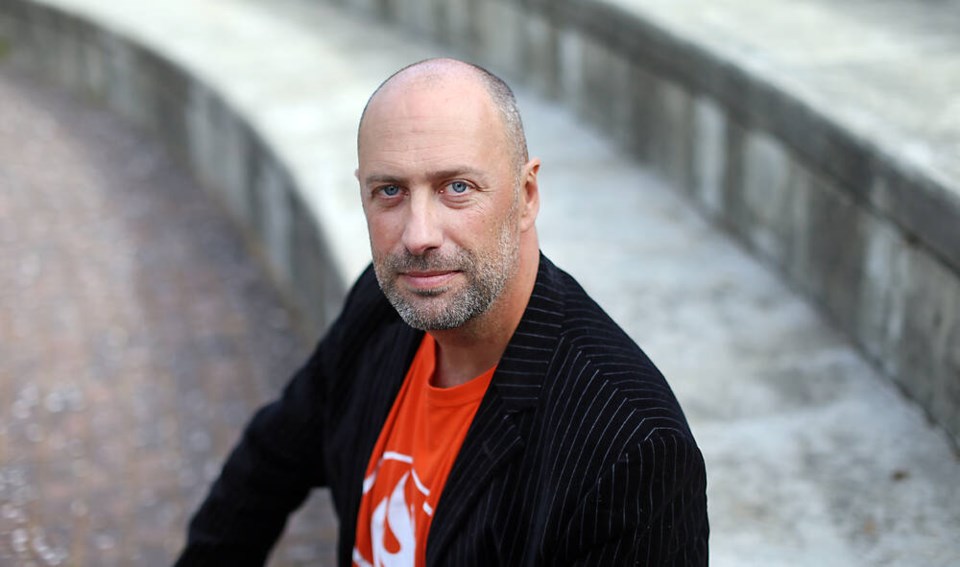When Barney Williams — Klith-wii-taa — first tried to tell people what he experienced in residential school, he was dismissed and disbelieved, he says.
The same happened when he tried to talk about the unmarked graves, now being confirmed through ground-penetrating radar at the sites of residential schools across the country.
“I never gave up telling my story … in the hopes that somebody would hear the truth and accept it,” he says on the first episode of a new podcast by the University of Victoria Libraries.
“Taapwaywin: Talking about what we know and what we believe” is an eight-part podcast emphasizing the “truth” in truth and reconciliation.
Hosted by Ry Moran, founding director for the National Centre for Truth and Reconciliation and UVic’s associate university librarian for reconciliation, the podcast is described by UVic as a foray into “memory, power and the journey to find truth.”
“It’s very deliberately focused on exploring the question of truth before reconciliation,” Moran said. “What do we mean by that? And if that’s the concept, then why are the truths of Indigenous peoples so often suppressed? And why are we still struggling in society to hear and listen to some of these truths?”
Featuring probing conversations with Indigenous elders, academic, artists and activists, the podcast looks at hard truths about history and modern society on the path to healing, said Moran, who calls it a series about questioning convention through an Indigenous lens and exploring the way we connect to stories and topics around the world.
“We’re in profound need of hearing as many Indigenous voices as possible, and really sitting with some of the very uncomfortable and difficult truths that are present in society,” Moran said. “And in addition to that, sitting with the truth that there are better choices we can be making. There are some really important concepts and solutions being offered out there that are of vital and critical importance as we navigate our uncertain futures together.”
Besides the interview with Williams, a residential school survivor from Tla-o-qui-aht First Nation, the first episode of the podcast includes a conversation with Paulette Steeves, a researcher behind the Canadian Residential Schools & Colonial Institutions Database, who says she’s found discrepancies in the federal government’s statements about residential schools, and is working to dig up buried truths.
“If we’re going to look for unmarked graves, we need to know where to look,” Steeves says. “And if we only look at the sites the federal government talks about … we’re gonna leave a lot of children behind.”
The conversations are intense, Moran says, but listeners who approach with curiosity and an open mind will get the most out of the series.
“There certainly is a weight and a heaviness that comes with acknowledging some of these truths. Equal to that, my own experience was that, at the end of these visits that I would have with people, I would say, ‘Wow, what an incredible gift that was. What an incredible conversation,’ ” Moran says.
“We are so fortunate to have the opportunity to visit and learn from one another.”
Taapwaywin is available on major podcast platforms and on the website Taapwaywin.ca.





